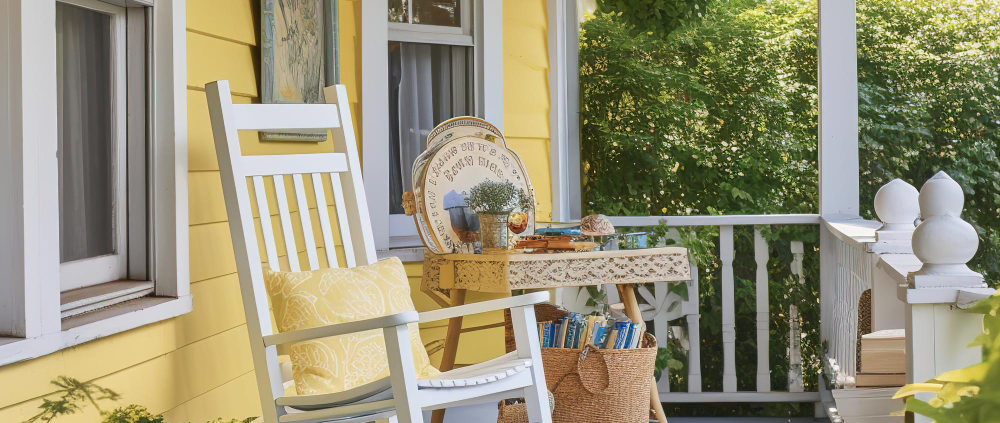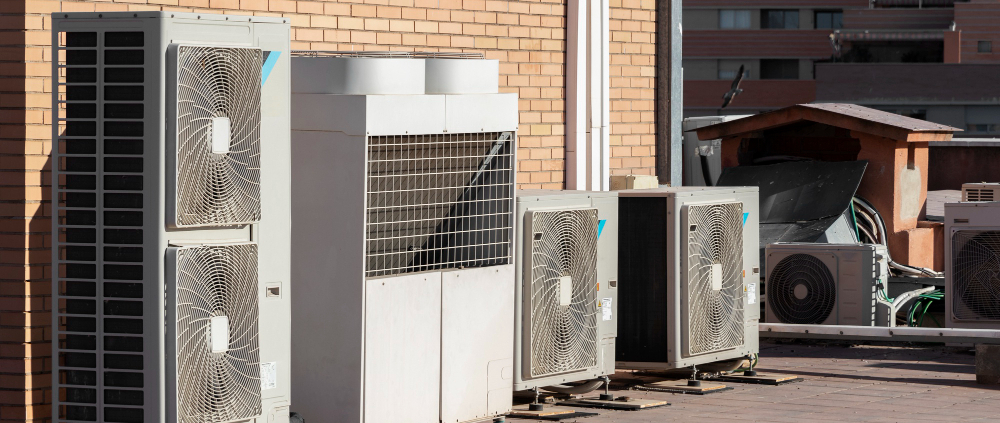Summer in Pittsburgh is marked by warm temperatures and occasionally severe weather, including thunderstorms and heavy rains. These conditions pose various risks to homes, from water damage due to storms to wear and tear from the heat. To ensure your home remains safe and sound throughout the season, here are some practical tips to prevent damage during the summer months.
1. Inspect and Repair Your Roof
Start with the part of your home that takes the brunt of weather conditions: the roof. Winter snow and spring rains can leave your roof in less-than-perfect condition. Check for missing, loose, or damaged shingles and replace them. Inspect the flashing around chimneys and vents to ensure there are no gaps for water to seep through.
2. Clean and Secure Gutters and Downspouts
Ensure that your gutters are free of debris such as leaves, twigs, and other blockages. Clogged gutters can cause water to overflow, leading to damage on your siding, foundation, or basement. Make sure the downspouts direct water at least three feet away from your foundation to prevent any potential water damage.
3. Check Your Home’s Foundation
Inspect your home’s foundation for cracks or signs of movement. These can become entry points for water during heavy rains. Seal any cracks with appropriate caulk or sealant. Additionally, ensure the soil around your foundation slopes away from your home to prevent water pooling, which can lead to moisture penetration into your basement or crawl spaces.
4. Maintain Your Air Conditioning System
Before the peak of summer heat, service your air conditioning unit. Change or clean the filters, check for any leaks, and ensure the system runs efficiently. This not only prevents breakdowns during hot weather but also helps in reducing your energy bills by improving energy efficiency.
5. Trim Trees and Shrubs
Overhanging branches can pose a risk during storms as they might break and fall, damaging your roof or windows. Trim back any branches that hang too close to your house. Additionally, keeping shrubs and trees well-trimmed enhances airflow and reduces moisture buildup around your home’s exterior, which can discourage mold and mildew growth.
6. Seal Windows and Doors
Check the seals around windows and doors. Any gaps can allow hot air in and cool air out, which significantly decreases your home’s energy efficiency. Sealing these gaps with weather stripping or caulk not only prevents this but also stops water from entering during a storm.
7. Prepare for Emergencies
Have an emergency preparedness plan in place. This should include checking that all smoke detectors and carbon monoxide detectors are working, having a family emergency communication plan, and preparing an emergency kit with essential items like water, non-perishable food, flashlights, batteries, and first aid supplies.
8. Consider Smart Home Investments
Invest in smart home technology such as water leak detectors or smart thermostats. These devices can help monitor your home and prevent major damage by alerting you to water leaks or allowing you to control your home’s temperature remotely, which can prevent overheating and related damages.
As always, if you want to ensure the best quality of your home then schedule a home inspection with us today!


